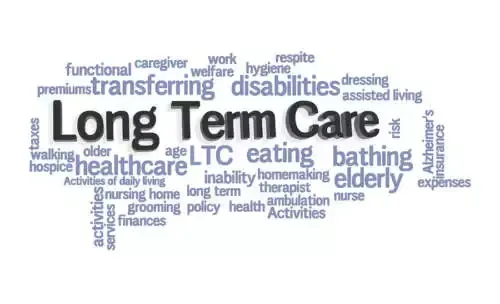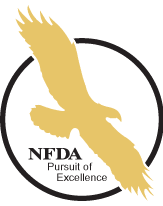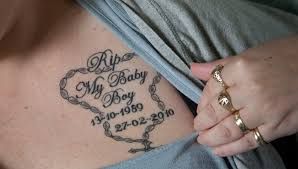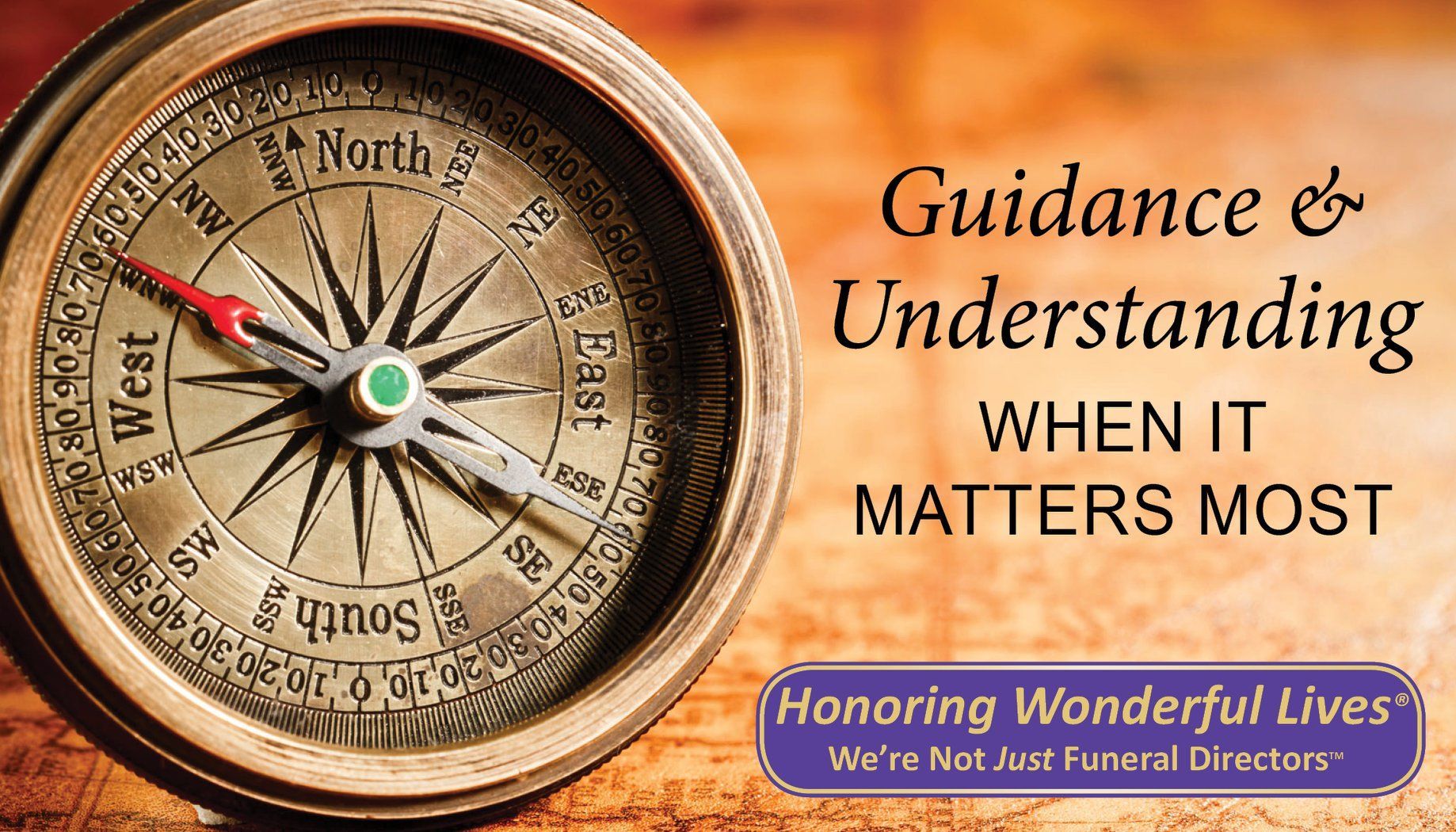Understanding The Work First New Jersey Program
Medicaid and The New Jersey Work First Program
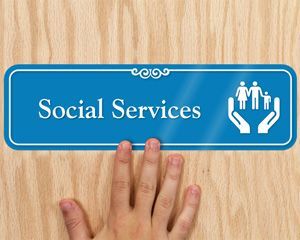
What is the New Jersey Medicaid Work First Program?
The New Jersey Medicaid Work First Program is designed to help low-income families and individuals meet basic needs while supporting their self-sufficiency. It integrates Medicaid benefits with other services, focusing on health care and financial aid to improve the overall quality of life for vulnerable populations.
This program is a part of the state's broader efforts to assist families with children, the elderly, and those with disabilities, ensuring they can access necessary medical care and meet other fundamental needs.
Funeral and Burial Assistance
One of the often-overlooked benefits of the New Jersey Medicaid Work First Program is the funding it provides for funeral and disposition assistance. Payments for such expenses are not a benefit automatically payable at death but are a means of supplementing resources, when available, of the intended funeral recipient or their family, including voluntary contributions. Payment, if issued, shall be made by the county or municipal agency which occurs first in the following order:
- The agency that granted assistance for the month in which the person died
- The agency that would, but for the death, have made the next grant of assistance
- The agency that made the most recent grant of assistance
- The agency that took an application for assistance had determined the person eligible but had issued no benefits before death.
The state recognizes that when a loved one passes away, the financial burden of funeral arrangements can be overwhelming—especially for families already facing financial hardship. In New Jersey, Medicaid can provide limited financial assistance for funeral and disposition expenses for eligible individuals. This benefit can be applied to costs related to expenses, including:
- Cremation or burial services
- Casket or urn
- Funeral home services
Purchase of an urn when an individual is cremated is a permissible expense and is charged toward the funeral allowance. Crematory charges, as well as burial of the urn are permissible expenses and are to be charged toward the cemetery allowance.
This program is designed to alleviate some of the financial burdens families face during a difficult time, allowing them to focus on grieving and honoring their loved ones rather than setbacks by the cost of funeral arrangements.
Eligibility for Funeral and Burial Assistance
To be eligible for funeral and disposition assistance under the NJ Medicaid Work First Program, families must meet specific criteria. The primary requirement is that the deceased person must have been receiving Medicaid benefits at the time of their passing. This is typical for those who may have been placed in long-term care. However, there are other considerations that may influence eligibility, including:
- Income limits: The applicant must demonstrate financial need, with income that falls within the program's specified limits.
- Asset limits: There are restrictions on the assets that the deceased or their family members own.
- Other Medicaid requirements: In some cases, applicants must also meet general Medicaid requirements, such as having a limited income and resources.
After the funeral and disposition service is determined eligible, the county and municipal agency shall forward a list of all the decedent’s assets and resources to the Division of Family Development, which will be responsible for pursuing reimbursement from those assets and resources.
How to Apply for Funeral and Burial Assistance
Families seeking funeral and burial assistance through the New Jersey Medicaid Work First Program must meet with a funeral director and apply through the state’s Medicaid office or the local county welfare agency (CWA). The application process typically involves providing documentation such as:
- Proof of Medicaid eligibility for the deceased
- Death certificate
- An itemized list of funeral & disposition expenses
- Income and asset documentation for the decedent and survivors.
Once the application is submitted and reviewed by the CWA, the funeral home will be notified of their eligibility, typically within 24 to 72 hours, and the amount of assistance they’re eligible to receive.
The maximum amount the state will pay for the funeral home portion and the cemetery portion of a public assistance funeral appears below. "Allowable Supplementation" is the amount, family and friends can add to the combined maximum amount before the state will reduce its payment proportionately or completely disqualify the intended funeral recipient entirely.
- Funeral Home Services Subsidy: $ 3,056.
- Cemetery and/ or Crematory Sudsidy: $ 714.
- Allowable Family Supplementation: $ 1,570.
Currently, the program contributes, on average, 37.5% of current retail funeral service, merchandise, and disposition service pricing, up from 18% in 2022, while the program is stautorily required to contribute 75% of current retail funeral service, merchandise and disposition service pricing. For four decades, the gap between actual reimbursements and statutory mandates has continued to widen, with minimal reinvestment by the state. If Medicaid cuts occur at the federal level, we could risk losing both the Medicaid Funeral Resource Exclusion spend-down process and WFNJ funeral reimbursements.
New Jersey funeral homes already bear a significant financial burden in helping the state and local communities meet their obligation to provide dignified funerals for those in need. If these funding cuts become a reality, that burden will only grow, making it even more challenging, if not impossible, for funeral homes to continue providing assistance.
Potential changes to the federal Medicaid budget could reshape the landscape of prearrangements and WFNJ-funded funerals as we know them. Funeral homes are attempting to figure out the next steps necessary to protect these programs and the families who depend on them.
Conclusion
The New Jersey Medicaid Work First Program is a vital resource for low-income families, providing not only medical assistance but also financial aid for funeral and burial costs in times of need. By offering this kind of support, the state helps alleviate the financial strain that many families experience during difficult times. If you or a loved one is struggling with funeral expenses, it’s worth exploring this program to see if you qualify for assistance.
If you’re interested in learning more or applying, contact your local county welfare office or visit the New Jersey Medicaid website for more information on eligibility and the application process.
#crerancelebration #heartfelt




